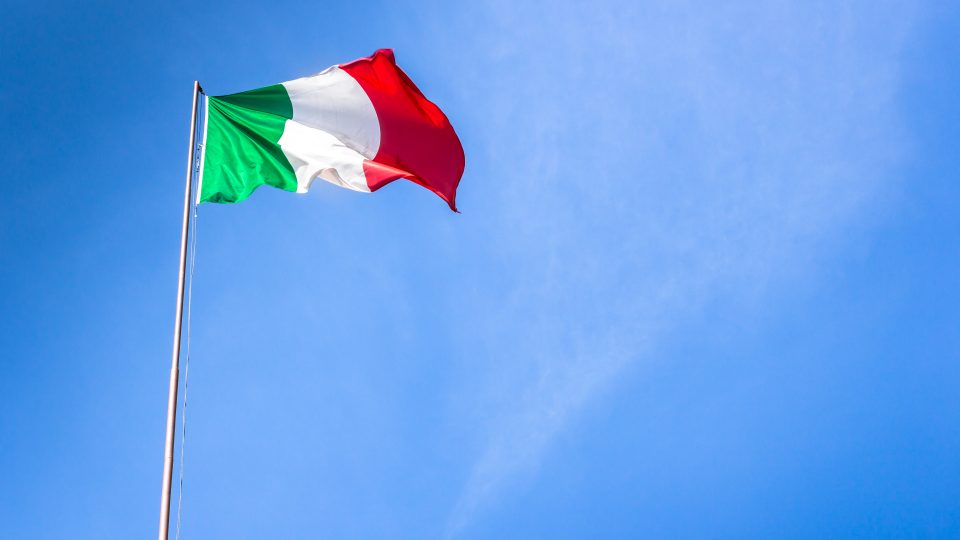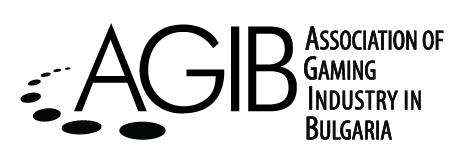Gambling has been part of human history for millennia. From casting lots and chariot racing in ancient times to modern casinos, lotteries, and online platforms, gambling is deeply embedded in cultures worldwide. It reflects humanity’s natural inclination toward risk, excitement, and entertainment. Whether in the form of friendly wagers, strategic games, or as a structured industry, gambling has evolved alongside society.
Today, the question is no longer whether gambling exists, it always has and always will. The critical issue now is ensuring that gambling is responsibly regulated, providing a safe and fair environment for consumers while addressing the rising number of illegal operations. Proper regulation protects players, supports economies, and ensures that gambling remains an enjoyable pastime rather than a societal risk.
The threat of illegal gambling in Bulgaria
Illegal gambling in Bulgaria poses a serious threat not only to the country’s economy but also to society as a whole. While the legal gambling sector is highly regulated, unlicensed operators fall outside these regulations, creating significant risks.
In 2024, the National Revenue Agency (NRA) blocked over 2,500 gambling websites operating without a valid license under the Gambling Act. Despite these efforts, illegal gambling remains widespread, with some experts estimating its market share at 40%. Professor Lyubomir Halachev recently highlighted this figure on Deniyat ON AIR. This growing issue underscores the urgent need for more effective measures to combat unlicensed gambling operations.
Regulation as a key to consumer protection
Clear and enforceable regulations are essential to safeguarding consumers from risks such as addiction and financial fraud. At the same time, effective regulation ensures proper tax collection, which benefits public welfare and guarantees transparency in the gaming industry.
Currently, Bulgaria has 25 licensed gambling operators and 46 issued licenses for online gambling. However, the number of illegal gambling websites is estimated to be twice as high. According to Rumen Petkov from BSP-United Left, authorities often overlook the issue despite its serious consequences for society. He warns that illegal gambling platforms operate without any oversight, exposing players to financial exploitation and security risks.
Legal operators, in contrast, are required to maintain strict documentation and implement consumer protection measures in cases of financial distress or problem gambling. “The fight against illegal gambling is just beginning, and it will not be limited to Europe, it will be a global battle,” Petkov stated.
AGIB’s position: A coordinated effort is needed
According to the Association of the Gaming Industry in Bulgaria (AGIB), illegal gambling threatens both the economy and consumers. “Unlicensed platforms provide no player protection and do not adhere to responsible gambling policies. Players risk losing funds, falling victim to cyber threats, and exposing their personal data to illegal operators,” explained Angel Iribozov, Chairman of AGIB’s Board of Directors.
“Without the regulatory oversight and safeguards offered by the licensed sector, illegal gambling becomes a societal threat. We remain fully committed to supporting all initiatives aimed at combating unlicensed operators and protecting consumers. Many AGIB members have suffered losses due to illegal gambling, with fraudulent websites using similar names to legitimate operators,” Iribozov added.
Illegal gambling: A global challenge
The issue of illegal gambling is far-reaching and likely more severe than current estimates suggest. In a first-of-its-kind report, the UK’s Betting and Gaming Council (BGC) estimated that the black market for online gambling generates £2.7 billion annually. This figure is considered a conservative estimate.
In other markets, the size of the gray sector varies significantly:
- Denmark: Estimated at 10% of the total gambling market.
- Sweden: Ranges between 14% and 18%, with some estimates reaching 23%.
Experts caution that some governments overestimate the share of the legal gambling market to create the impression of a well-regulated industry. A notable example is the Netherlands, where the regulator Kansspelautoriteit (KSA) estimates that 95% of gambling is legal due to strict advertising regulations. However, data on player spending and time spent on illegal websites indicate that the black market actually accounts for at least 13% of the sector.
Similarly, in Germany, the Gambling Regulator (GGL) claims that illegal gambling represents only 4% of the market, with an estimated value of €600 million. However, the German Online Casino Association (DOCV) argues that unlicensed gambling accounts for nearly 20% of the online sector.
The battle against unlicensed operators: Is regulation enough?
There is ongoing debate on whether current European regulations are effectively tackling illegal gambling. While geoblocking and financial sanctions are in place, unlicensed operators often bypass these restrictions through mirror websites, making them difficult for authorities to track.
IP blocking has also proven ineffective. In the Netherlands, for instance, blocking a website requires a lengthy court approval process that can take up to a year. In contrast, authorities have far greater powers when dealing with online terrorist content or child pornography, where action can be taken within an hour.
Google has also implemented restrictions, refusing to certify gambling operators and affiliates without a local license. While this has helped reduce illegal advertising, unlicensed operators continue to find ways to circumvent these measures.
A more effective approach has been the blocking of financial transactions between players and illegal operators. Authorities could prohibit unlicensed platforms from using instant payment methods managed by central banks.
Germany’s payment blocking strategy has already proven successful, preventing unlicensed gambling sites from using financial services. However, cryptocurrency payments remain a challenge, as regulations in this area are still underdeveloped.
Overregulation and its consequences
Many experts argue that overregulation may actually fuel the black market by making licensed gambling less attractive to consumers. Excessive restrictions on the regulated sector inadvertently support the growth of illegal operators.
For example, the Netherlands recently increased gambling taxes by 7.3%, prompting several major global operators to exit the market. Higher costs and lower competition make the legal market less appealing, while intrusive financial checks drive consumers toward unregulated alternatives.
To effectively combat illegal gambling, governments, regulators, and the industry must work together. Efforts should focus on realistic regulations, active enforcement, and improving consumer awareness of the risks associated with unlicensed platforms.
Conclusion
Illegal gambling is not just an economic issue—it is a direct threat to consumers, exploiting vulnerabilities to undermine the integrity of the industry. Without the strict regulations and responsible gaming policies enforced by licensed operators, players remain unprotected, facing fraud, addiction, and financial loss without recourse.
Tackling illegal gambling requires a coordinated effort between government agencies, licensed operators, and the public. The most effective strategies involve targeted enforcement actions, consumer education campaigns, and a commitment to responsible gambling practices.




